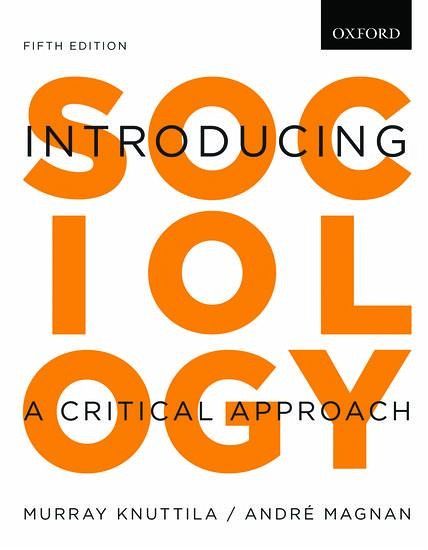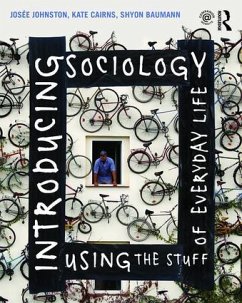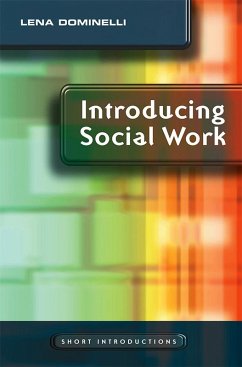
Versandkostenfrei!
Liefertermin unbestimmt




A concise, unique approach to the critical analysis of sociology, with an overview of the development of social theory.
Murray Knuttila is provost and vice-president academic at Brock University. Before joining Brock, Dr. Knuttila spent more than 30 years with the University of Regina. In addition to Oxford Canada, Dr. Knuttila has published books with McClelland and Stewart, Garamond Press, Fernwood Publishing, Zed Books, and the Canadian Plains Research Center, as well as contributing chapters and articles to numerous journals and edited collections. André Magnan is an assistant professor in the department of sociology and social studies at the University of Regina. His research and teaching interests include the sociology of agrifood relations, globalization and development, environmental sociology, and sociological theory.
Produktdetails
- Introducing Sociology
- Verlag: Oxford University Press, Canada
- 5 Revised edition
- Seitenzahl: 480
- Erscheinungstermin: 15. Februar 2012
- Englisch
- Abmessung: 226mm x 175mm x 20mm
- Gewicht: 660g
- ISBN-13: 9780195439823
- ISBN-10: 0195439821
- Artikelnr.: 34554283
Herstellerkennzeichnung
Libri GmbH
Europaallee 1
36244 Bad Hersfeld
gpsr@libri.de
Für dieses Produkt wurde noch keine Bewertung abgegeben. Wir würden uns sehr freuen, wenn du die erste Bewertung schreibst!
Eine Bewertung schreiben
Eine Bewertung schreiben
Andere Kunden interessierten sich für












